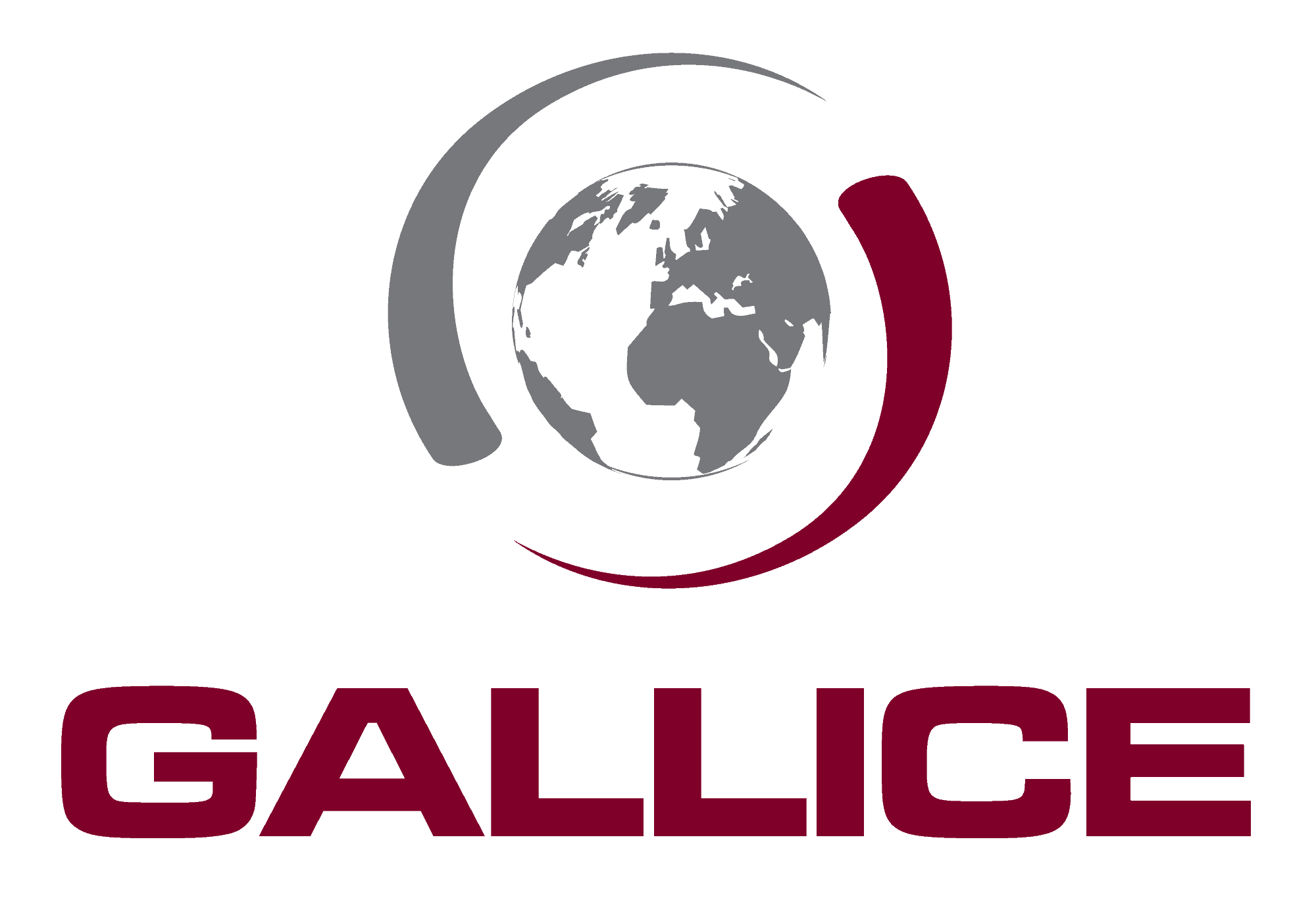IRAQ
In 2025, Iraq continues its slow and difficult recovery from two decades of war, terrorism, and internal divisions. While the country is no longer in open conflict, it remains fragile and volatile.
Politically, Prime Minister Mohammed Shia' Al Sudani leads a coalition government that is relatively stable but constrained by factionalism and Iranian influence. Tensions persist between Baghdad and the Kurdish authorities in Erbil, particularly regarding oil revenues and territorial control.
Security has improved in the central and southern regions, but ISIS remnants still operate in northern areas (Ninawa, Kirkuk, Salah ad-Din) and parts of Anbar and Diyala, conducting sporadic attacks against Iraqi forces and civilians. Targeted killings and bombings occur periodically.
In the south, tribal rivalries, political militias, and smuggling networks generate intermittent violence, particularly in Basra. Iran-backed militias continue to operate autonomously in some regions, challenging state authority.
The situation in the Kurdistan Region is more stable and open to foreign presence, though tensions with Turkey occasionally flare due to Turkish military operations against the PKK along the border.
Protest movements persist among young Iraqis, especially in Baghdad and the south, demanding jobs, services, and the end of corruption. Some demonstrations are violently suppressed.
For travellers, the risk is highest in the west and north of the country. Baghdad remains a high-risk area, although the Green Zone is heavily guarded. The Kurdish region (Erbil, Dohuk, Sulaymaniyah) is considered safer but not risk-free.
